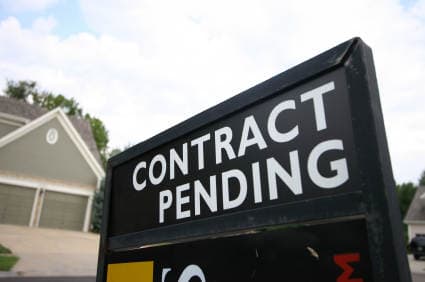Fast Track Short Sales
- Five PMI providers are fast-tracking short sales.
- The fast track short sales involve Fannie Mae home loans.
- More than 1 in 5 homes are upside-down in the US today.
Short Sales Are Not Fast Sales. PMI Providers for Fannie Mae Loans are Fast Tracking Short Sales
Short sales are not quick deals. Many short sales take 120 days to complete, although lenders participating in Home Affordable Foreclosure Alternatives (HAFA) are supposed to respond to an offer in 45 days or less. However, one hurdle to closing a short sale is being removed for loans owned by Fannie Mae.
Short sales occur when a homeowner wants to sell the property for less than the balance of the home loan or loans. Short sales became common when the prices of real estate crashed in 2007. A short sale succeeds when a mortgage holder or lender agrees to release its mortgage or lien on the property in exchange for payment of less than the total amount owed on the underlying debt.
Quick Tip
bills.com can help you find your best rate on a home loan refinance. with rates at historic lows, it pays to apply now
Typically, not only does the lender need to agree to a short sale, but if the home loan had private mortgage insurance protecting the lender, the PMI company would need to approve the short sale, too. However, some PMI companies are no longer requiring this step for Fannie Mae loans. These are:
- PMI Group
- Genworth
- Republic Mortgage Insurance Co.
- MGIC
- Radian Guaranty
Removing this approval step should fast track the time to close a short sale.
Scope of Short Sale Problem
As of the end of 2010, 11.1 million homes, or 22.5% of all U.S. homes, were upside down, according to CoreLogic, a data provider to mortgage underwriters. Approximately 4 million Fannie Mae and Freddie Mac borrowers owe more on their mortgage than their homes are worth. About 2.4 million hold less than 5% equity in their homes. As of July, an estimated $2.4 trillion in mortgages backed by Fannie and Freddie carried interest rates of 4.5% or higher, according to the Federal Reserve. American homeowners owe $700 billion more than their homes are worth.
If you wish to remain in your home, contact your mortgage servicer to see if you qualify for the Home Affordable Modification Program (HAMP), Home Affordable Refinance Program (HARP), or similar programs offered by your mortgage servicer. See the Bills.com resource Mortgage Insurance and HARP to learn how insurers are handling HARP refinances.
If you wish to sell the property, contact your servicer about the Home Affordable Foreclosure Alternatives (HAFA) program, or your servicer's equivalent.
